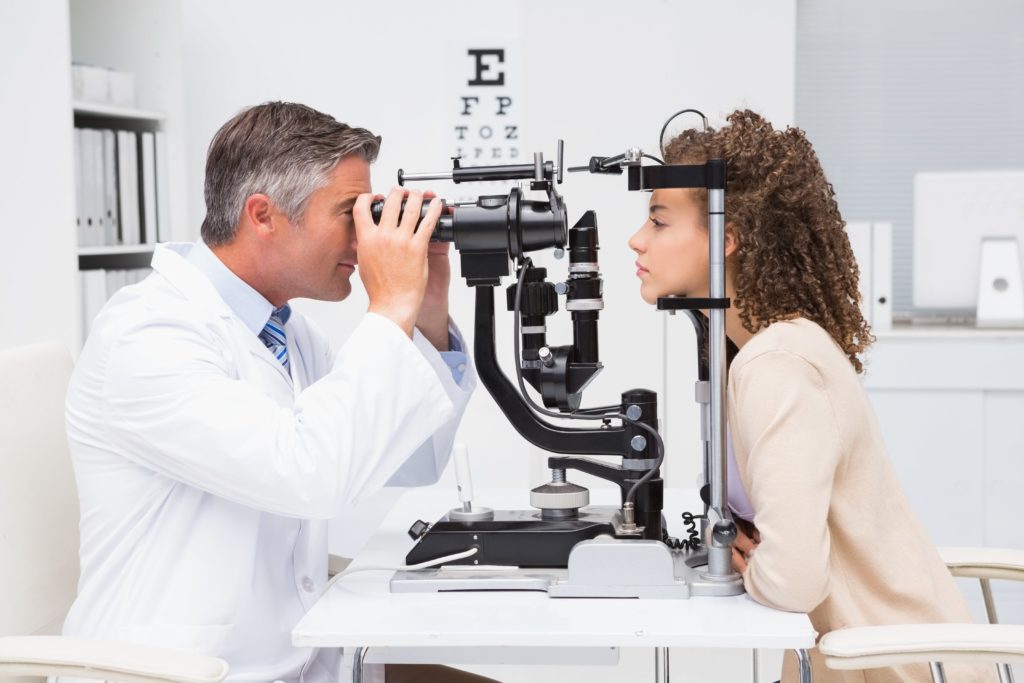Everybody knows glasses are essential. But how many people know what an optometrist does? Optometrists complete comprehensive eye exams to ensure that your eyes function correctly and identify any potential vision problems or diseases. They can also diagnose, treat, manage, and prevent ocular disease. If you’re in Mainland, FL, you can book an appointment with Hunter Vision. Here are four main benefits of seeing an optometrist.
- Provision of Eyeglasses
One of the most common services that optometrists provide is eyeglasses. They can prescribe glasses for patients with vision problems and also help to improve vision for people who don’t have any issues. Eyeglasses can also help protect your eyes from the sun’s harmful UV rays.
If you go to an optometrist, they will do a refraction test. The test measures your vision and determines what type of eyeglasses you need. One of the options for eyeglasses is bifocals—a kind of glasses with lenses divided into two parts, one part for reading and looking up close and the other for distance vision.
- Dry Eyes Solution
Dry eyes, also known as keratoconjunctivitis sicca or KCS, are when the tear glands are too slow in producing tears to moisten the eyes. Dryness may require treatments, including over-the-counter topical medications, prescription drops, and ointments. There are many causes of dry eyes, including aging/seniors who experience reduced glandular secretions, environmental factors commanding ducts to close for hours at a time, and contact lens use which compresses the glands against your eyeball.
Menopause in females where hormonal changes can decrease glandular secretions or block ducts from opening at night to produce tears while sleeping; some medications like antihistamines, decongestants, birth control pills, and antidepressants; and laser eye surgery.
Signs that you may have dry eyes include a feeling of grittiness or sand in the eyes, burning or stinging sensations, episodes of excessive tearing, redness, blurred vision, and light sensitivity.
- Glaucoma Treatment
Glaucoma is a severe eye disease that can lead to blindness if not diagnosed and treated early. Glaucoma is characterized by increased pressure inside the eye, which slowly damages the optic nerve.
Even when glaucoma is detected early, it may still produce no symptoms or only very mild vision problems because you may have perfect peripheral vision. Glaucoma is detected by using a tonometer, which measures the pressure inside the eye.
- Eye Exams are Important
An eye exam is a test that can detect any potential problems with your eyesight. It also detects and helps to diagnose, treat and manage eye disease.
It’s essential to have regular eye exams so that your optometrist can help you see your best. If left untreated, even minor vision problems could lead to severe damage. Regular visits to an optometrist ensure that you see your best and help detect any potential issues with your eyesight.
Optometrists complete comprehensive eye exams to ensure that your eyes function correctly and identify any potential vision problems or diseases. They can also diagnose, treat, manage, and prevent ocular disease.
If you’d like to see your best and detect any potential problems with your eyesight, visit an optometrist regularly. An eye exam can help identify any vision problems or diseases. They also correct vision problems through the provision of eyeglasses. If struggling with dry eyes, they can also help.











